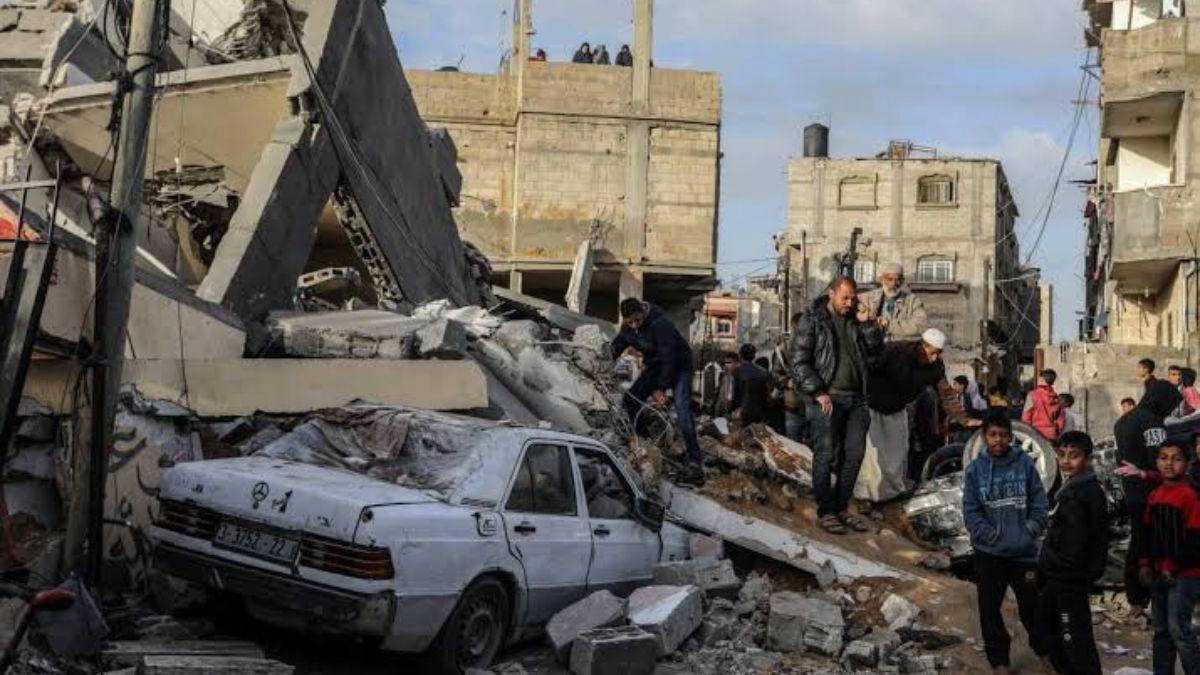Hamas has announced plans to travel to Cairo on Saturday to engage with mediators in advance of a new round of cease-fire talks, as international pressure mounts to secure a resolution to the ongoing conflict in Gaza. This development comes amid escalating violence, with recent Israeli airstrikes in Gaza resulting in numerous casualties, including the death of at least one Israeli soldier and injuries to several others.
The mediation efforts are spearheaded by the United States, Qatar, and Egypt, all of whom are striving to broker a cease-fire agreement that could prevent further regional destabilization. Despite these efforts, the mood remains cautious, with both Israel and Hamas expressing skepticism about the prospects for a resolution.
Israeli Prime Minister Benjamin Netanyahu has hardened Israel’s negotiating stance, insisting on a continued Israeli military presence along the Gaza-Egypt border, known as the Philadelphi Corridor, to prevent arms smuggling. This demand has been a major sticking point, as Hamas and Egypt have firmly opposed any Israeli troop presence in the area.
Hamas has indicated its willingness to discuss proposals from earlier rounds of negotiations but has not committed to participating in a major summit planned for Sunday. The group has previously rejected talks in Qatar, citing the new Israeli conditions as a significant obstacle.
U.S. Secretary of State Antony J. Blinken, who has been actively involved in the diplomatic efforts, visited Israel, Egypt, and Qatar this week to promote a “bridging proposal” intended to address key disputes. However, the details of this proposal remain undisclosed, and both Israeli and Hamas officials have raised concerns that it fails to resolve critical issues.
The broader geopolitical context adds to the urgency of reaching an agreement. The recent assassination of Hamas leader Ismail Haniyeh in Tehran and the killing of a senior Hezbollah commander in Beirut have heightened tensions across the Middle East, with Iran and Hezbollah vowing retaliation against Israel. This backdrop of increased regional hostility underscores the high stakes of the current negotiations.
White House national security spokesman John F. Kirby noted that while the process is moving forward, significant challenges remain. The focus now shifts to how effectively the proposed terms can address the core issues and whether a durable cease-fire can be achieved before the situation deteriorates further.

